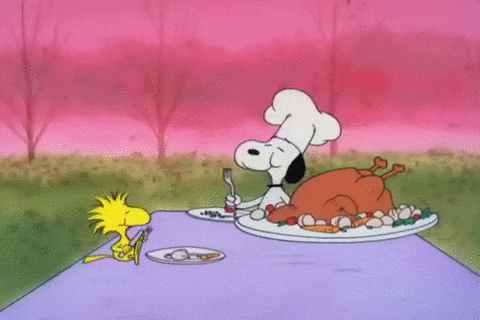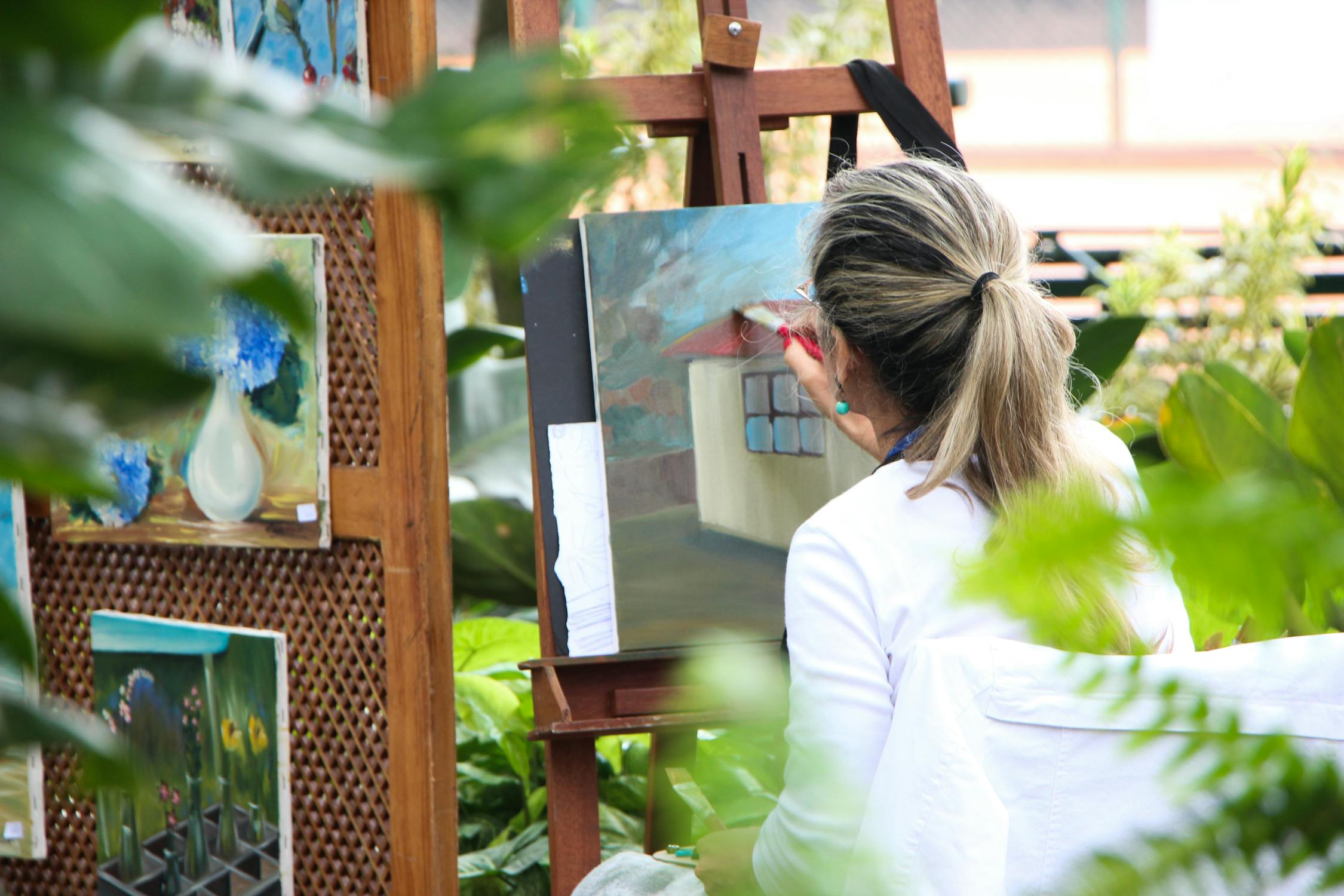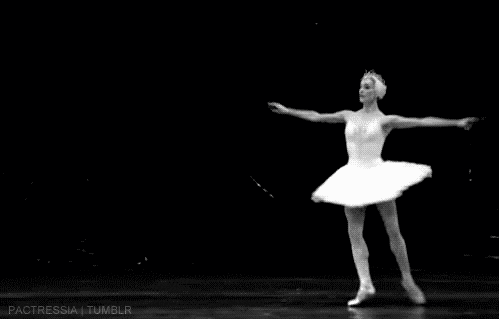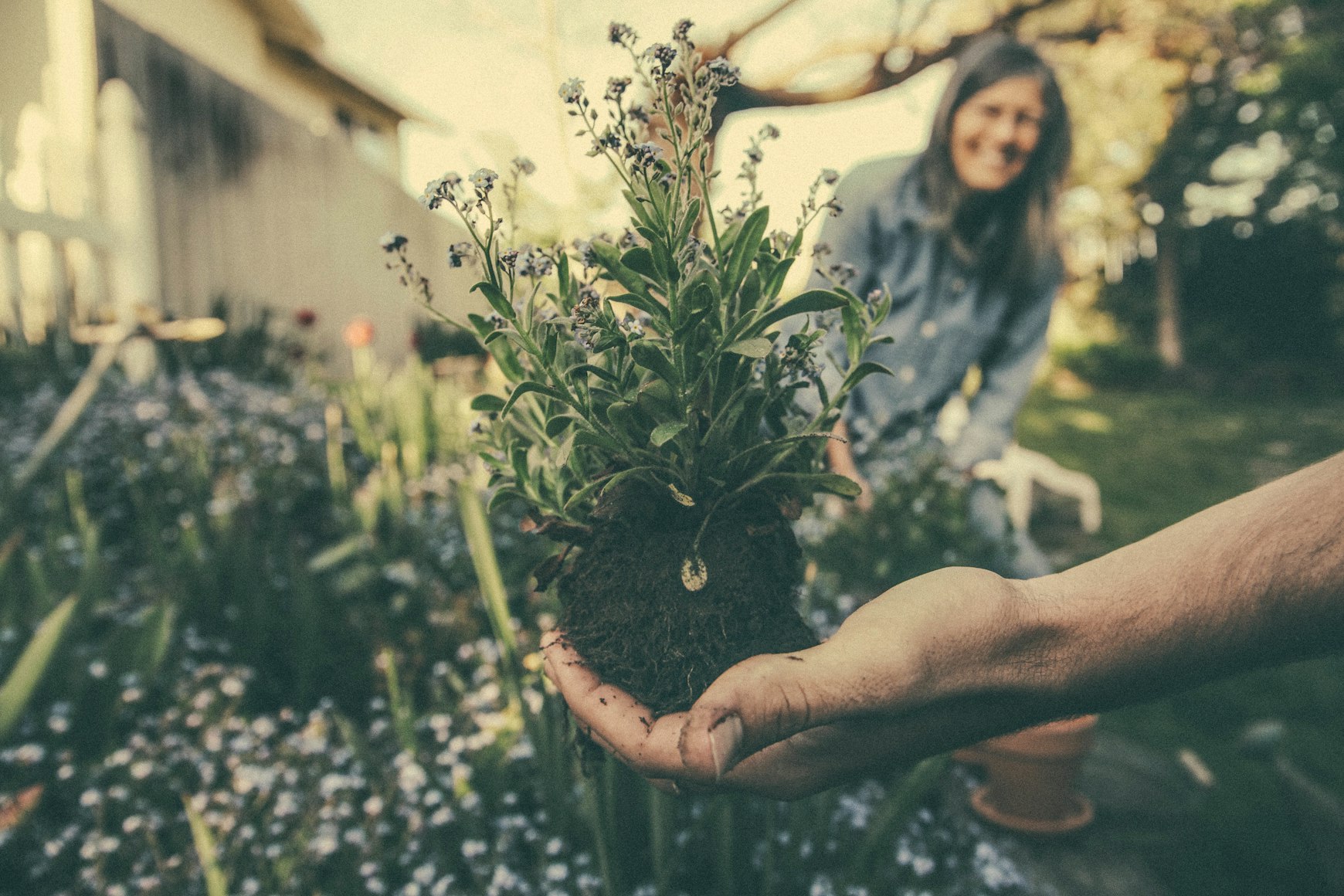Slow living is a phenomenon that has seen a rise in popularity in recent years. You may have seen the term mentioned in self-help books, podcasts or thrown around on TikTok.
For those who haven't heard, we'll begin with a brief definition.
Let us slide into your dms 🥰
Get notified of top trending articles like this one every week! (we won't spam you)What is Slow Living?
Slow living is a lifestyle where people strive to enjoy the simple things in life. They make a conscious effort to slow down their lives and appreciate life on a deeper, more meaningful level, as opposed to simply doing as many things as they can at maximum speed.
People who partake in slow living try to live mindfully. For example, they may practise mindful eating. This involves individuals staying mentally present while they eat and avoiding mindless activities like scrolling on social media or watching television. Instead, they focus on the food, considering aspects such as its flavor and texture.
For many, this makes their experience of eating and drinking, more enjoyable and increases their gratitude. The simple act of eating a sandwich is transformed when one considers the time and care a farmer took to grow the tomatoes and lettuce that are inside it, or the baker who carefully made and kneaded the dough that forms the bread.

Image Credit: Peanuts from Giphy
Slow living has seen a particular spike in popularity in the last decade or so. This is unsurprising given the fast-paced nature of the modern world. The twenty-first century's rapid growth in technology has made it difficult for people to separate work and school lives from their personal lives.
Before computers and phones, students could go home and enjoy their free time away from school. However, the growth of technology means that teachers can now send emails and set online assignments that students must attend to even at home. This can make it difficult for people to get 'me' time and detach from the stresses of work and school life. Overall, life becomes much more hectic.
Slow living can remedy this difficulty. By encouraging people to appreciate small things, such as the simple pleasure of a cup of tea or a good book, we can stay rooted to what actually matters in life. Our work and responsibilities are nowhere near as important as our happiness.
Take the Quiz: Are you "Delulu"?
Are you grounded in reality, or letting your overthinking run the show?
How Can You Get Involved?
There are many ways you can partake in slow living—indeed, one of the best things about the lifestyle is how accessible it is. There's no manual you need to buy or philosophy books you need to read (although feel free to do either of these if they appeal to you). The most important thing is taking the time to do what you find meaningful.
Many people think that if they're not constantly doing things deemed "productive", then they're wasting their time. However, this is untrue. Anything you're doing that brings you pleasure is most definitely a good use of time, no matter how "unproductive" it seems.
Although different things bring different people pleasure, I will suggest some activities that you can try out to help you get started on your slow-living journey.

Image Credit: Marisa Martin from Unsplash
Gardening
Gardening is a great activity for people who want to dip their toes into slow living. It helps to ground you in nature, and appreciate how simple human existence actually is—everything we need to survive is in the world around us! While technology and manmind objects may be useful, they're not actually necessary for happiness.
Image Credit: Benjamin Combs from Unsplash
Meditation
Multiple studies have shown just how good meditation is for people. It can help reduce stress and has a calming effect on both the mind and the body. Meditation is a good way of helping you stay in the present, a venture which is important in slow living.
There are many tutorials on YouTube you can watch to guide your meditation. You could maybe start with a shorter five-minute meditation session, before moving on to longer, or even self-guided, sessions.

Image Credit: Bombay Softwares from Giphy
Write Poetry
Even if you don't consider yourself the best poet, writing poetry can still be an enjoyable, calming activity to indulge in. You don't have to show your poems to anyone—it's completely fine to write them for your eyes alone.
Writing poetry can help you express yourself, and declutter your thoughts by getting them down on paper.
If you're unsure of what to write about, start with something simple and visible, like nature. All you need to do is go outside with a pen and paper and allow your thoughts to flow.
Image Credit: Debby Hudson from Unsplash
Alternatively—Read Poetry!
If you're really not keen on writing, then reading poetry is also a good way to stay grounded and appreciate the simple things in life. There are many poems that draw attention to the beauty of small things in life in an eloquent and moving manner.
Some poems I would recommend checking out are The Orange by Wendy Cope and Dust of Snow by Robert Frost, both of which focus on seemingly insignificant things that bring joy to the narrator. Poets.org offer a great service where if you subscribe to them, they'll email you a poem every day. This is a nice way of getting introduced to new poets and poems that you wouldn't have otherwise encountered.

Image Credit: Mikhail Nilov from Pexels
Create Art
Doing something creative like painting a picture or clay modelling is another great way of reminding yourself of the simple pleasures in life.
Art has no inherent purpose other than to be enjoyable. Indulging in creating things can help you slow down and also remind you that there's so much more to life than the things that are stressing you out.

Image Credit: Jadson Thomas from Pexels
To conclude: the philosopher Alan Watts criticised the popular sentiment that life is a journey in which we're all striding purposefully towards some important goal. Instead, he likens life to a dance, something to enjoy and revel in.
This idea draws back to a core philosophy of slow living—having a life that makes you content and at peace is more than enough for it to be considered fulfilling and meaningful.

Image Credit: Wifflegif from Giphy
"The meaning of life is just to be alive. It is so plain and so obvious and so simple. And yet, everybody rushes around in a great panic as if it were necessary to achieve something beyond themselves." - Alan Watts
















